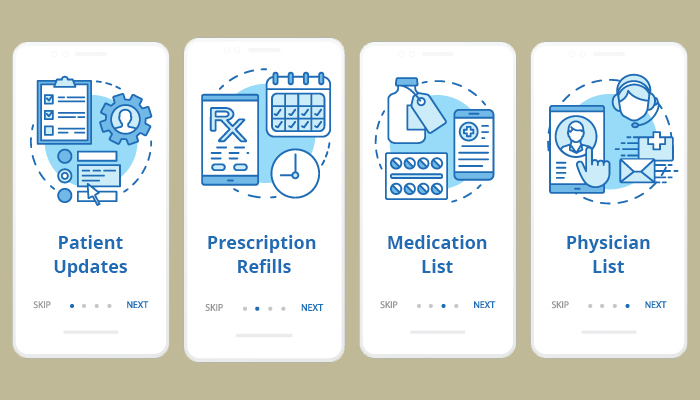
People who go through chemotherapy for cancer often complain about “chemobrain.” If your loved one is under treatment and is having trouble with memory, thinking, and concentration, it is likely from the chemo drugs. The fuzzy thinking may not go away right when chemo stops. But it usually recedes over time.







